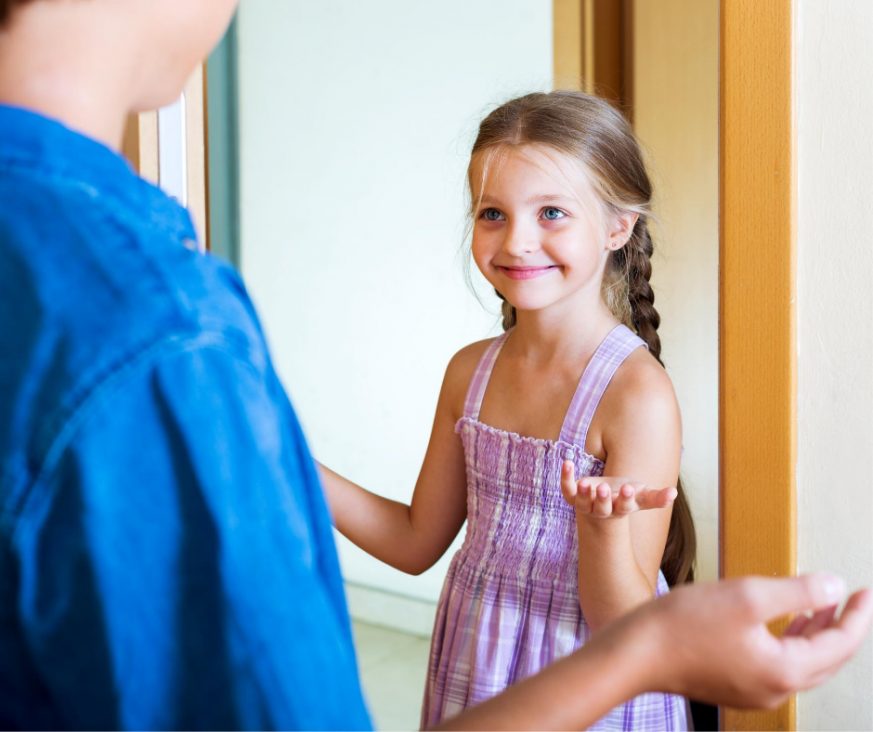
Making the decision to foster brings with it many important questions and decisions. “Will we be good foster carers? Will we get on with the young person entrusted in our care? How will we be supported?” But, one of the biggest questions is, “how will the children who already live in our home cope with a foster sibling? ”.

It’s undeniable that fostering can have a huge impact on a family unit. It’s a massive decision to invite another human to come and live in your home as a part of your family and it’s an understandable worry that existing children in your household may feel usurped, left out, or jealous at another young person sharing your attention. However, having a foster sibling can also be an amazingly rewarding and educational experience if done properly. That’s why Affinity Fostering always involve young people who already live in a household in every step of the fostering journey.
Everyone involved in the Affinity fostering process and we understand that non-fostered children in households also need time away and additional support. Aside from giving them an opportunity to chat to other young people in similar households, it’s also important for us to let them know that they are a valued part of the Affinity family. Some of our more recent away days have included trips out to ten pin bowling, theme park visits, and days out to adventure parks.
The positives of welcoming a foster child into your household go beyond away days and days out though. While there is a potential negative impact of asking them to share their families, homes, and possessions with someone they don’t know, it can also be an eye-opening and empathic experience. Learning about other lifestyles, experiences, and the problems that young people may experience, can make children and young people more caring and understanding of issues in the wider world.
Many of the young people who share their homes with foster children tell us that they appreciate their own family more when they see another young person welcomed into their fold. Additionally, some tell us that they enjoy being positive role models and feel pride in helping someone acclimatise to their new surroundings and people in their lives. Many enjoy helping to look after younger foster siblings and learning new skills that they can use later in life.
It’s undeniable that fostering can be a hugely positive experience for the whole family, but it’s important that the process is done properly. Affinity pride ourselves in our matching process and work hard to ensure that the right young people are placed in the right homes. We never do emergency fostering placements, so existing children in households will never be surprised by a new face at the breakfast table.
At the end of fostering placements, our specialist social workers sit down with any children and young people in the household and discuss what they enjoyed and didn’t enjoy about the placement. They also talk about how they feel to see a young person that they have shared a home with move on. These conversations help our team to tailor further placements and to continue our work to ensure that existing children are happy and listened to. These are just some of the reasons why Affinity Fostering is rated OFSTED Outstanding.
If you are interested in becoming a foster carer and have concerns about how your career change may impact on existing children in your household, call us on 01245 237158 or email us for a chat info@affinityfostering.com.
Complete the form below to receive our brochure.